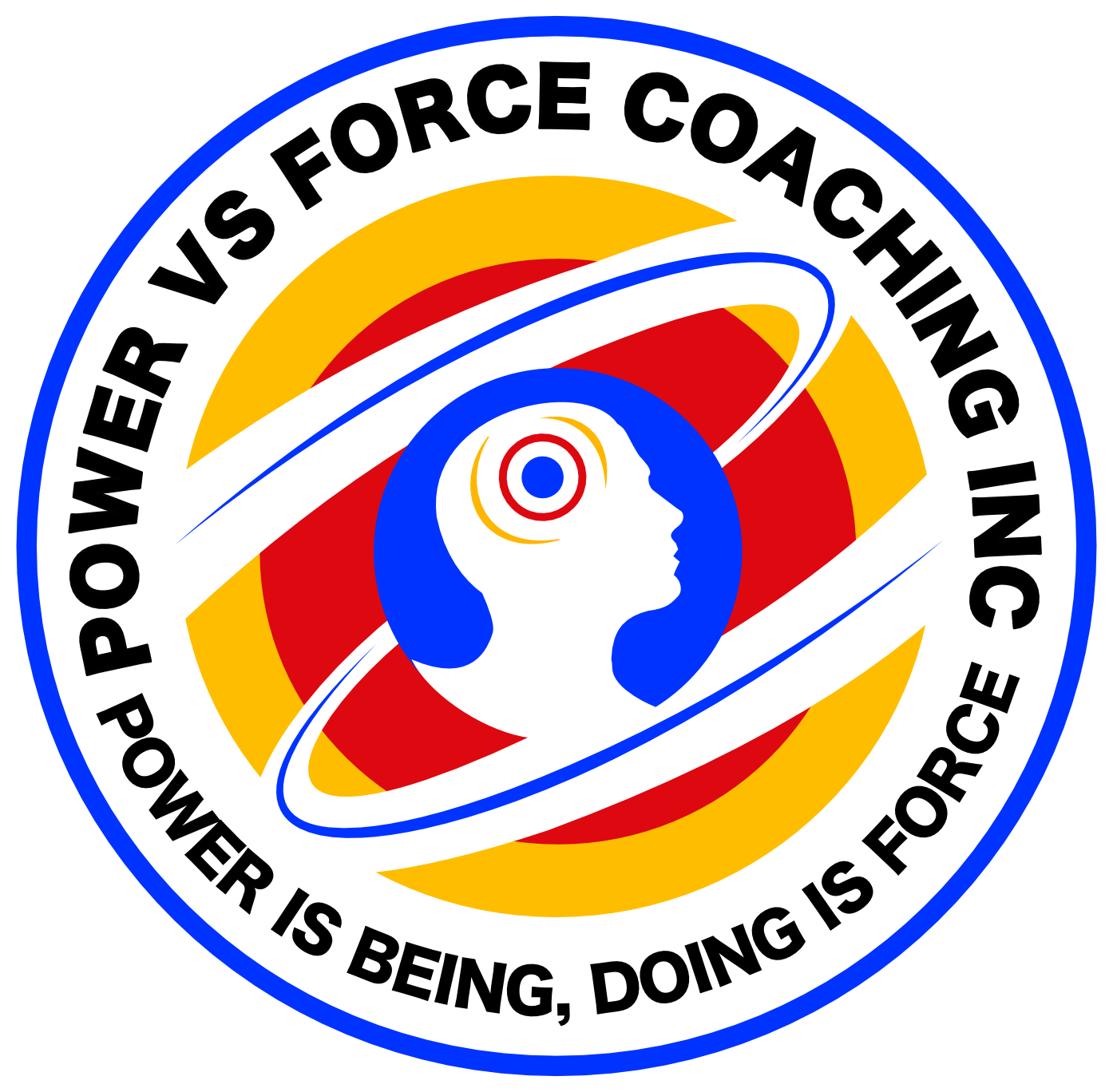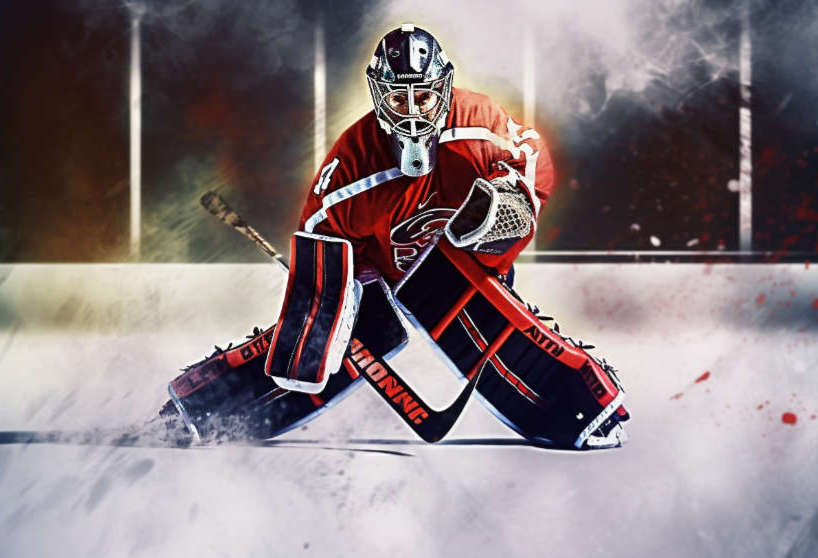As a COR.E Performance Dynamics Specialist, I understand the importance of mental and emotional strength in sports performance. Hockey is a sport that requires not only physical skill and ability, but also mental toughness and resilience. A player’s self- esteem can impact their performance on the ice, and it is important to build up their confidence both on and off the rink.
Here are seven strategies for building up your teenage hockey goalie or player’s self-
esteem:
- Focus on effort, not just outcomes. As a coach or parent, it can be tempting to focus solely on the outcome of a game or a season. However, this can put undue pressure on a teenage player and damage their self-esteem, if they do not achieve the desired result. Instead, focus on the effort and hard work that your player puts in. Praise them for their dedication and commitment to the sport,
regardless of the outcome. - Encourage positive self-talk. Our inner dialogue can impact our self-esteem and confidence. Encourage your teenage goalie or player to use positive self-talk both on and off the rink. Encourage them to replace negative thoughts with positive affirmations such as “I am strong and capable” or “I am a valuable member of my team.”
- Create a supportive environment. As a coach or parent, it is important to create a supportive and positive environment for your teenage goalie or player. Encourage them to support their teammates and praise them for their accomplishments. Avoid harsh criticism or negative comments, which can
damage self-esteem and create a toxic, catabolic energy environment. - Focus on strengths. Energy goes where focus goes. Every player has strengths and weaknesses. Rather than focusing on weaknesses, focus on your teenager’s strengths. Encourage them to develop and utilize their strengths on the ice, which can greatly boost their confidence and self-esteem.
- Set achievable goals. Setting goals can help motivate and inspire your teenage hockey goalie or player. However, it is important to set achievable goals that are within their reach. Focus more on process goals – who they need to be with I am statements, the intention of how they will play because of who they are being, and did they contribute to giving their team a chance to win. Setting unrealistic goals can create undue pressure and damage self-esteem if they those goals are
not achievable. - Provide constructive feedback. As a coach or parent, it is important to provide constructive feedback to your teenage hockey goalie or player. Avoid criticism that is overly harsh or negative. This can cause them drop into the catabolic energy stress reaction of fight, flight or freeze Instead, provide feedback that is specific and actionable. For example, instead of saying “you played poorly,” say that was “not effective” provide specific feedback such as “to be more effective you need to work on your positioning during power plays.”
- Encourage resilience. Hockey is a sport that requires resilience and the ability to bounce back from setbacks. Encourage your teenage goalie or player to reframe setbacks as learning opportunities, rather than failures. Help them develop coping strategies to deal with stress reactions and adversity, such as deep breathing exercises, mindfulness, or visualization techniques.
In conclusion, building up a teenage hockey goalie or player’s self-esteem is critical to their success both on and off the ice. As a COR.E Performance Dynamics Specialist, I recommend focusing on effort, positive self-talk, creating a supportive environment, focusing on strengths, setting achievable goals, providing constructive feedback, and encouraging resilience. By implementing these strategies, you can help your teenage hockey goalie or player develop the mental and emotional strength they need to succeed in hockey and in life.





